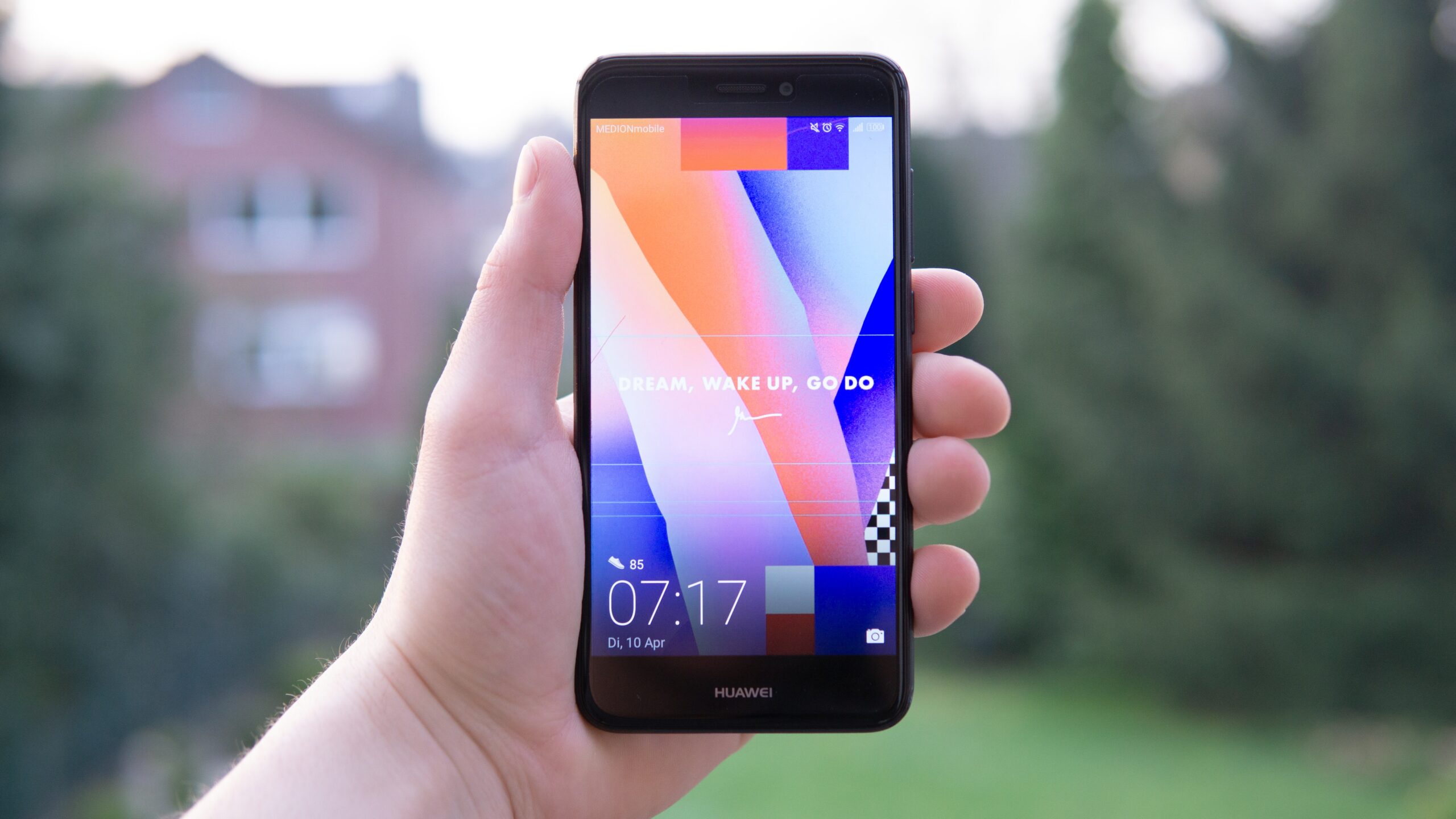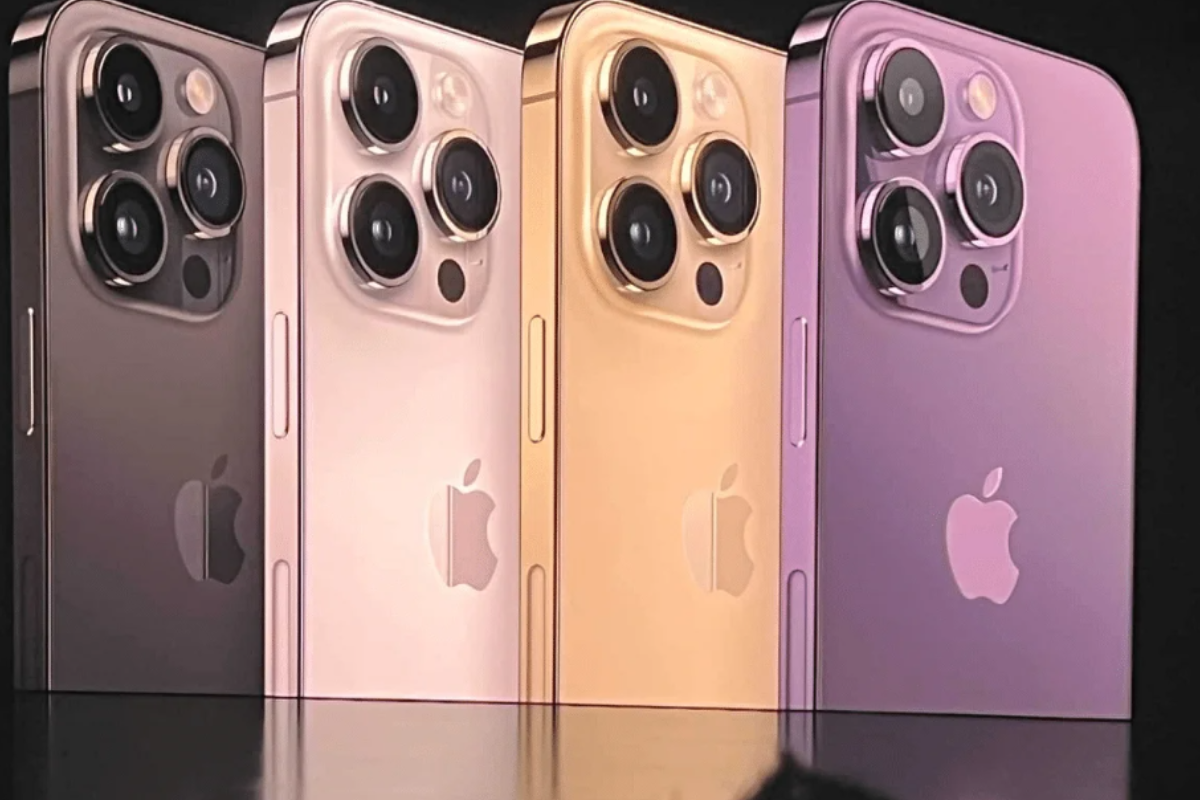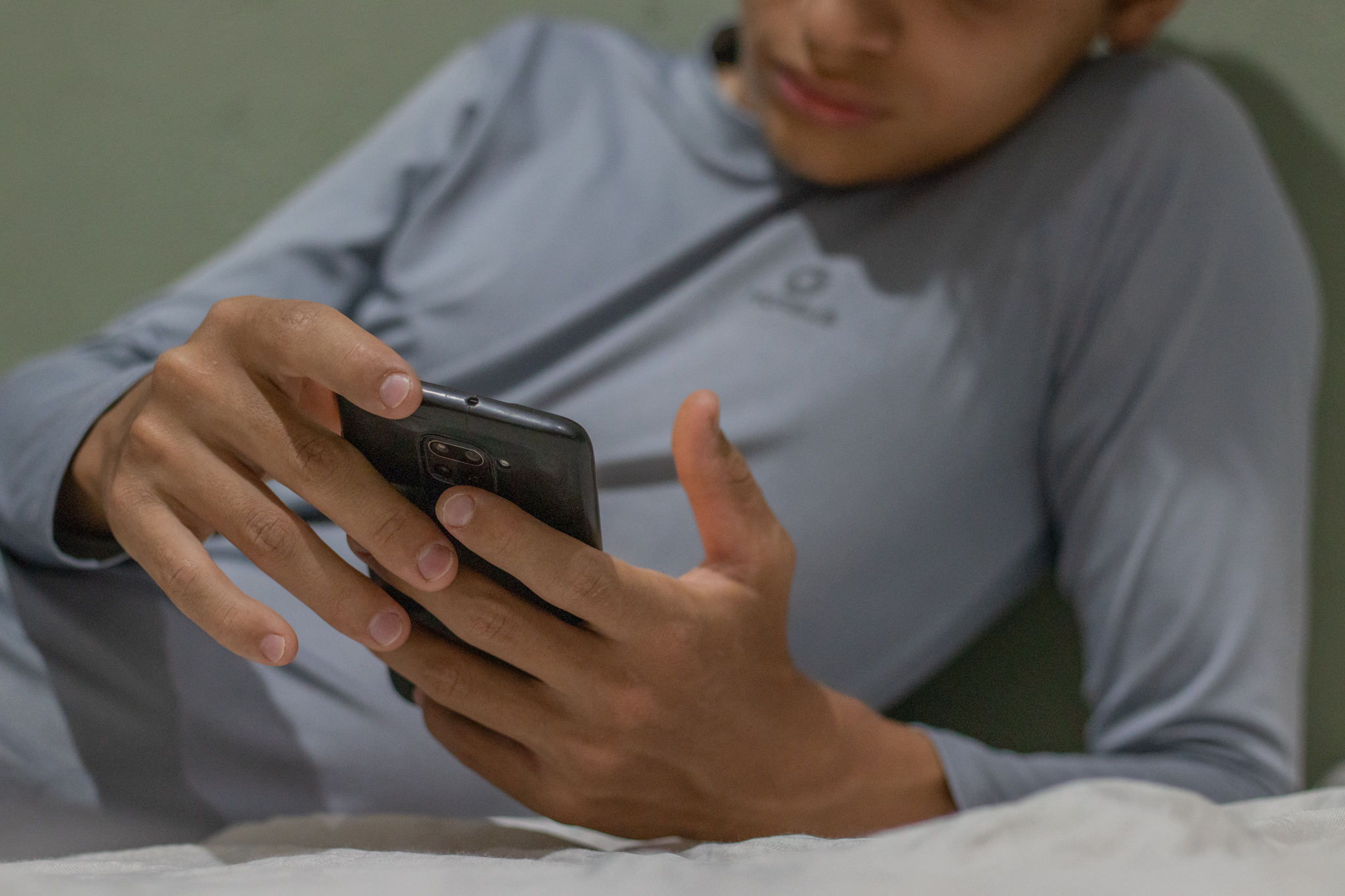Following these false practices can cause problems with your device.
When buying a cell phone, we should consider some important issues about the device to know if it will really fit well into our routine. One of these issues is the functioning of the smartphone's battery, which is one of the main concerns, since in our busy daily lives we need practicality and it is not possible to have a cell phone always plugged in.
But, even when buying the perfect cell phone with a great battery, we always hear some myths about it, which have been circulating on the internet for years, and which make us adopt some unnecessary practices, which can compromise the health and useful life of the batteries.
If you are part of the team that faithfully trusts these tips, find out now how they can damage your device's battery.

Lies
You've probably heard thousands of stories about taking care of your the battery of the cell phone. However, many of these stories are lies and their practices can, in fact, harm the functioning of the cell phone and reduce the battery life.
Among the main lies about how batteries work are:
Not being able to leave your cell phone charging overnight
This is one of the most common lies about batteries. Today's most modern cell phones are designed with systems that can regulate the flow of battery charge when it reaches its maximum level. In other words, when the battery arrives at 100%, its charging is interrupted and the cell phone stops being powered by the power source. With this, there is no problem in leaving the cell phone charging while you sleep.
Need to fully charge when purchasing it
Another common myth is that you need to fully charge your cell phone battery before using it for the first time. This was true when batteries were nickel-cadmium. In older devices, as they had the so-called “memory effect,” they needed to be fully charged to maintain their maximum capacity. However, modern cell phones are made of lithium-ion and do not suffer from this effect. Therefore, it is not necessary to fully charge them before using them.
However, many manufacturers still recommend that the battery be charged as soon as you take the device out of the box, since tests during manufacturing use a large part of the cell phone's battery. As a result, when purchased, the battery may last much less than normal and the user experience may be negative. To prevent this from happening, the recommendation is to charge it.
Let the battery run down before charging
Many people believe that it is necessary to let the battery discharge 100% in order to recharge it. However, this practice is no longer necessary for the batteries used today, which do not suffer from the memory effect. Partial charge cycles can even extend the useful life of the batteries, because when you allow the cell phone to discharge completely frequently, you can cause stress to the component and reduce its useful life. To maintain the health of the component, it is ideal to maintain the charge levels between 20 and 80%.
Charging via computer damages the battery
This myth that charging your phone via a computer harms the battery originated at a time when some USB ports did not provide enough power to charge phones efficiently. However, with the advancement of devices, they can now adapt to the source used for charging. Although the charging time is slower, connecting it to the computer does not harm the battery.
You don't need to turn off your cell phone regularly
Many people think that it is not necessary to turn off their cell phone periodically. However, turning off the device from time to time can be beneficial, since restarting the device helps to free up some system resources, close background applications and clear memory, solving performance problems and saving more battery.
Is it okay to use a charger from another brand?
Using unofficial or low-quality chargers can damage the battery and also pose safety risks. The chargers that come with your device are designed specifically for your device and meet the safety standards of the relevant agencies, ensuring proper charging.



